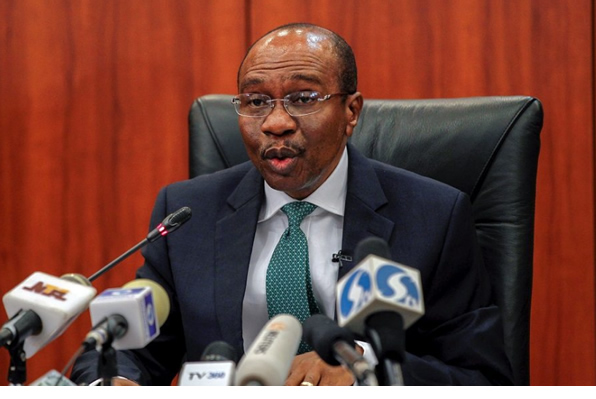Nigeria has been losing about $50 billion to illicit financial inflows (IFF) through money laundering, tax evasion and corruption yearly, the Civil Society Legislative Advocacy Centre (CISLAC), has said.
Executive Director of CISLAC, Auwal Ibrahim Musa, who stated this yesterday in Abuja at a two-day conference on anti-money laundering with the theme: Impact of Anti-money Laundering and Illicit Financial Flows: Legislative, Policy and Institutional Gaps, said the workshop was aimed at helping anti-graft agencies to investigate, prosecute and convict offenders for fraud charges.
He lamented that despite the ratification of relevant international conventions and domestic legal frameworks, the agencies saddled with the responsibility have failed in effectively prosecuting fraud, Anti-Money Laundering (AML) and IFF cases.
He said money laundering and illicit financial inflows siphon the much-needed resources for economic development into the pockets of few self-serving individuals at the detriment of all.
Musa added that in 2013, Nigeria recorded 3,198 Suspicious Transaction Reports (STRs), of which 61 were disseminated to law enforcement agencies, adding that there were no follow up investigations, prosecutions or convictions.
He, however, urged the Economic and Financial Crimes Commission (EFCC) and the Independent Corrupt Practices and other Related Offences Commission (ICPC) to step-up to the challenge of prosecuting individuals who engage in money laundering and illicit financial inflows.
The group’s Programme Manager, Democratic Governance, Okeke Anya, in his presentation listed absence of clear IFF policy, weak implementation of other policies, as the reasons why money laundering and other financial crimes are difficult to control in the country.
Others are absence of specific legislation on IFF, absence of financial transparency, problems of tax incentives and evasion, as well as increased financial crimes.
He further noted that anti-money laundering efforts are global with the United Nations (UN) Convention for the Suppression of Financing of Terrorism, the Egmont Group, international networks of Financial Intelligence Units (FIUs) and the Financial Action Task Force (FATF) being among the instruments being deployed to tackle the menace.
Director General, Inter-Governmental Action Group against Money Laundering in West Africa (GIABA), Kimelabalou Aba, noted that money laundering and terrorism financing undermine sustainable development, as they erode social and human capital.
They also threaten political and financial stability, cause artificial increase in the cost of doing business and scare away investors.
Projects Manager, CISLAC, Gloria Chinyere Okwu, said the two-year project, which commenced in 2017 and ends in 2019 and is being funded by the European Union through Transparency International (AI) in collaboration with Global Affairs Canada IMPACT Project.




